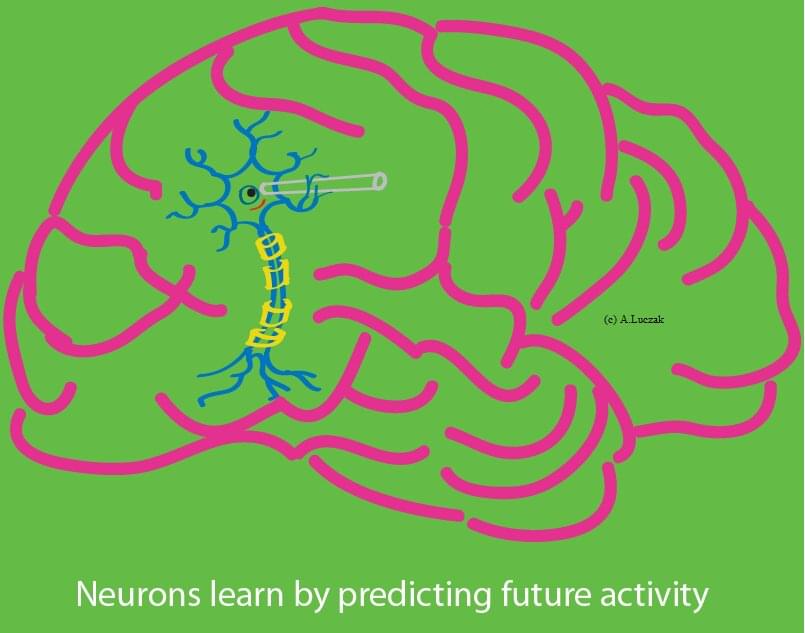Humans have been trying to understand how the brain works and how it acquires information for centuries. While neuroscientists now have a pretty good understanding of how different parts of the brain work and what their function is, many questions remain unanswered; thus, a unified neuroscience theory is still lacking.
In recent years, computer scientists have been trying to create computational tools that artificially recreate the functions and processes of the human brain. New neuroscience theories clarifying how the brain makes predictions could help to significantly enhance these tools so that they replicate neural functions in increasingly realistic ways.
Researchers at the Canadian Centre for Behavioural Neuroscience in Lethbridge, Canada have recently carried out a study investigating how individual neurons learn and make predictions about the future. Their findings, published in Nature Machine Intelligence, suggest that the ability of single neurons to predict their future activity could offer a new learning mechanism.
